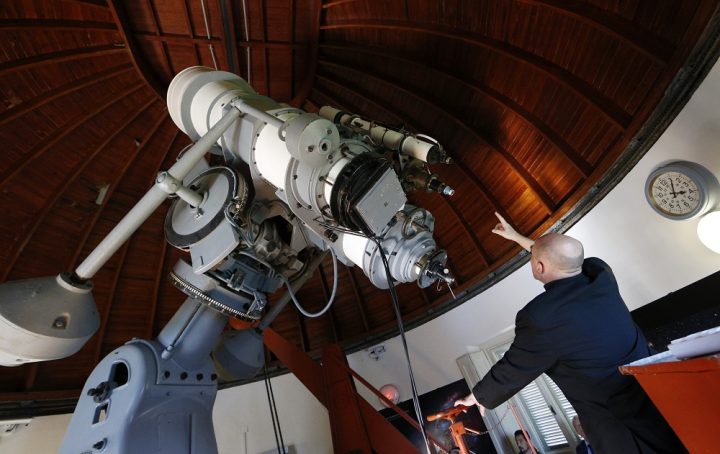
I know that as soon as the last present has been unwrapped and the last carol has been sung, many thoughts turn to New Year’s resolutions.
When I worked in a bookstore, back in the pre-Amazon stone age, the day after Christmas we boxed up the remaining stacks of cookbooks we had been selling as prospective gifts, replacing them with stacks of diet books. Back then, it was the Scarsdale Diet, followed by the Pritikin Diet and the South Beach Diet and the Atkins diet — all making the rounds come New Year’s.
Diabetes drugs have probably rendered this particular post-Xmas self-improvement impulse null and void, but it left a lasting impression on me. As Americans, we are like Puritans on a binge: First, celebrating with excess, then committing ourselves to an excess of self-reform.
Gyms fill up after Jan. 1. Neighborhood sidewalks suddenly see an abundance of walkers. We who had committed ourselves to a frothy orgy of spiked eggnog, now commit ourselves to a Dry January.
Perhaps this coming post-December, we can break this cycle. Let’s simply commit ourselves to enjoying Christmas for a few days more — 12 days, in fact.
In 12 days is the feast of the Epiphany, Jan. 6. What if we resolve to simply try to celebrate the birth of the Savior for 12 days — a fraction of the time we spent shopping and cooking and cleaning in preparation for Christmas itself.
This will feel a bit odd, I admit. Christmas trees start appearing on the curbs on Dec. 26.
Walgreens dumps its Christmas remainders onto a sales table and rolls out the Valentine displays. Restaurants are advertising their New Year’s Eve menus. Nothing seems more passé than Christmas the day after.
Yet once upon a time, celebrations of this feast could last till Candlemas on Feb. 2 — more than a month of celebration to match the month of Advent we spent preparing for Christmas. If they fasted for Advent in preparation for the birth of the Savior, then our ancestors celebrated just as long for his arrival.
This Christmas season, let our New Year’s resolution be to celebrate Christmas a wee bit longer than 24 hours. Have some favorite foods at meal times. Keep the tree up and continue to admire the lights and ornaments. Take a drive around town and appreciate the decorations and lights of others.
Christmas is a time for joy, but it is also a time for prayer and for gratitude. Go to Mass during the week once or twice. Think about the blessings you’ve received. Thank the Lord for his great act of love in sending us his Son and give thanks not just for the gifts received on Christmas Day, but for the many gifts the Lord has given.
Those gifts and blessings include the people in your life. Reach out to someone you weren’t able to see on Christmas Day: A relative in another city. An old friend. A neighbor who moved away.
You may have to go back to work before Epiphany arrives, but try spreading Christmas joy there as well. The time leading up to Christmas Day can be quite stressful for many people. Spreading a little cheer for the following 12 days is a gift. And say thanks to those who waited on you, rang up your groceries and wrapped your presents during the Advent frenzy.
If we have one New Year’s Resolution to make this year, let’s commit ourselves to celebrating what Christmas really means for just a bit longer.
– – –
Greg Erlandson is an award-winning Catholic publisher, editor and journalist whose column appears monthly at OSV News. Follow him on Twitter @GregErlandson.



